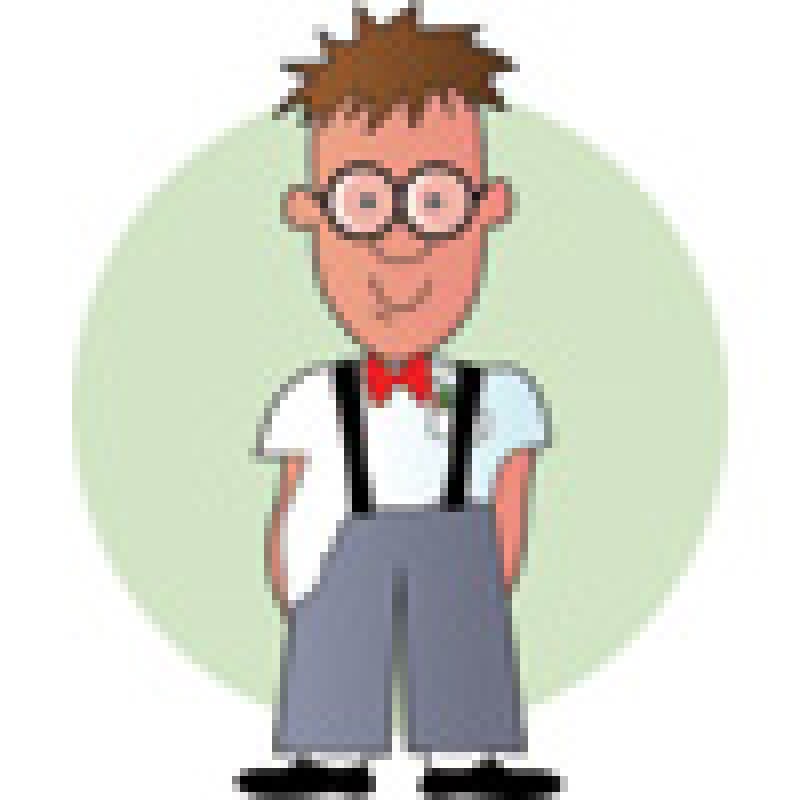
With so much IP litigation today being international, and involving an element of forum-shopping, parties have to weigh up many considerations when deciding where and when to bring an action, or how to defend it.
Some of these questions are purely legal: What rights do we have? Do we have standing? What actions are permitted in a particular jurisdiction? But many questions are also strategic: How long will a case take? What will it cost? How will it be decided? What evidence can be brought? Often, these strategic questions are decisive for the outcome of the dispute.
In patent litigation in particular, the role played by expert witnesses can be vital, especially in cases where the technology is complex and judgements about validity and infringement can be finely balanced. And yet the rules on the use of experts vary greatly between different jurisdictions.
Germany, Japan, UK and US compared
In a special feature published this month, we invited correspondents in Germany, Japan, the UK and US to describe how expert witnesses are used in litigation in those four jurisdictions, and also how parties can make the most of expert witnesses.
In Germany, courts recognise both court-appointed experts and party experts – though in practice they are only used in a tiny number of cases. Courts place tight restrictions on the use of court-appointed experts, while party experts may be of limited value and may even do more harm than good.
Japan also has different types of experts, and the role of judicial research officials and technical advisers is especially important in patent cases. Technical advisers in particular are now an accepted and well understood part of litigation in the country.
In the UK courts, experts play a vital role and can even be instrumental in the outcome of a case. Selecting the right expert and carefully instructing them is therefore a crucial part of litigation strategy. What is required of experts has been elucidated in a number of cases over the years and it is also important to consider personality issues: how credible will your expert be before a judge, particularly in cross-examination?
Similarly, in US litigation both consulting and testifying experts provide the court with invaluable assistance that may be case determinative (and a strong expert report may lead to pre-trial settlement). The standards expected of experts have been clarified in federal rules and case law and, as in the UK, the ability to select and prepare your expert is a key skill for litigators.
Comments welcome
We selected these four countries as they are among the most important in patent litigation globally; we may cover other countries in future issues if readers are interested, so please do let us know via the comments.










